
Becoming GDPR (General Data Protection Regulation) compliant is a vital step for the success of your blog or website. If you want to keep high ratings and make visitors trust you, a set of simple steps is a must-do.

Becoming GDPR (General Data Protection Regulation) compliant is a vital step for the success of your blog or website. If you want to keep high ratings and make visitors trust you, a set of simple steps is a must-do.

Cybercriminals operate on stealth mode. They will often catch you unawares and can cause a lot of damage. Unfortunately, anyone in the online space can be a target. Governments, organizations, and individuals have come under attack. Vulnerability levels are especially high for small and medium businesses. At-risk industries are healthcare, government agencies, the energy industry, and higher education.
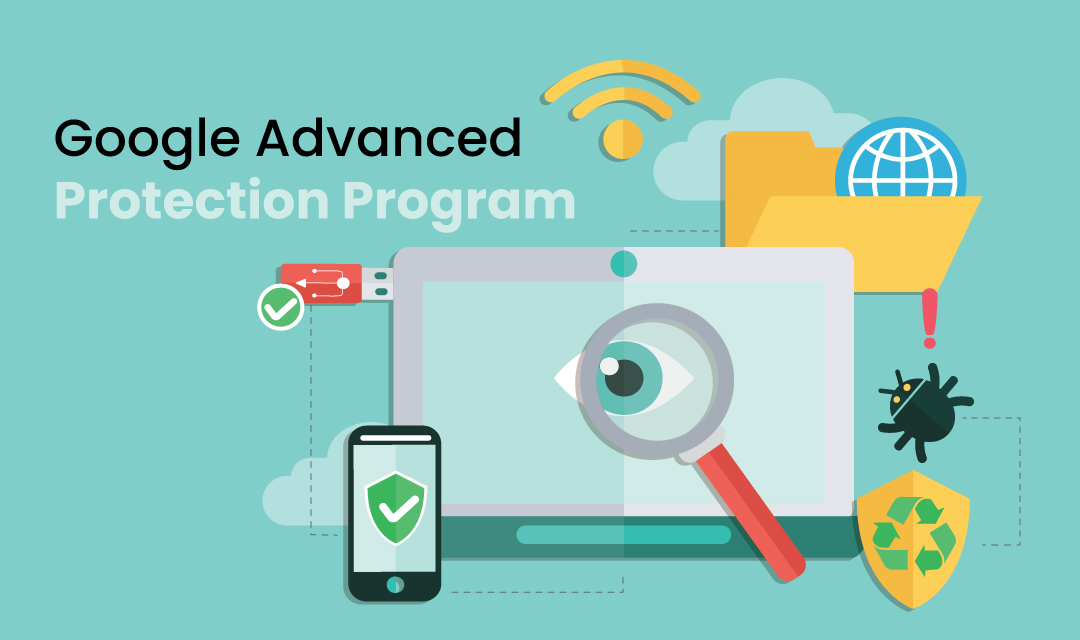
We've recently heard that about a half-billion Facebook accounts were breached, and posted on hacker's forum for anyone to grab. We often hear the world's largest companies were hacked, and our personal data are leaked. A website like HaveIBeenPwned search data breaches, and tells you if your email or phone number has been pwned. It's not your fault that your personal data has been breached, but you'll be the next victim of identity theft if you don't protect yourself.
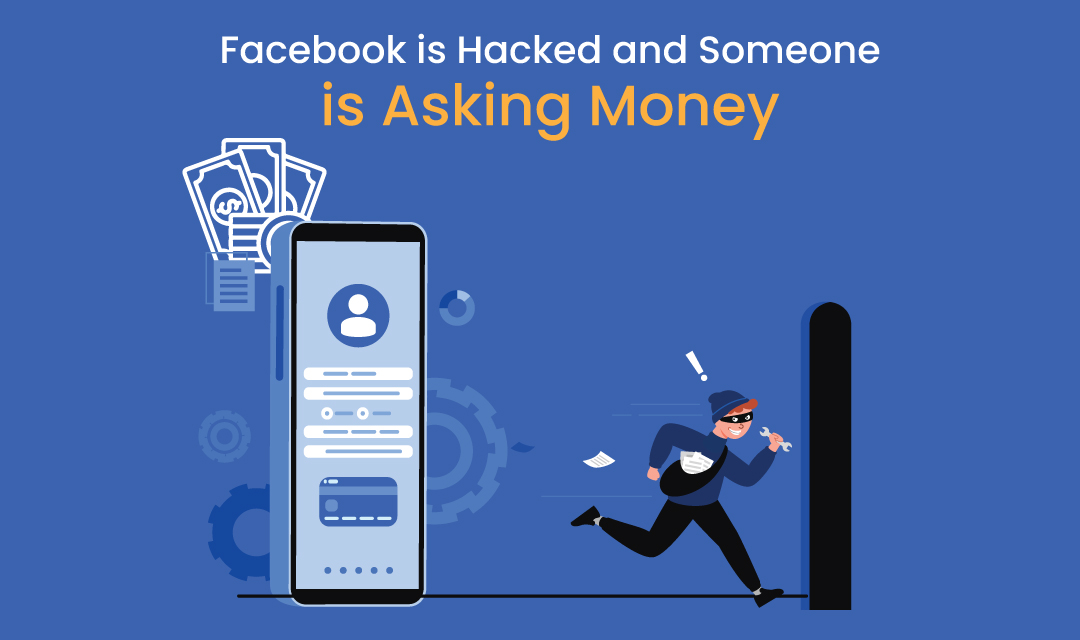
We often hear a Facebook account is hacked, and someone is using the stolen account to ask for money from friends, family, and business acquaintances. If you become a victim of a stolen account, there is a good chance that you'll not be able to access your Facebook account as the hacker probably changed your password. You'll have to let your friends and family know that your Facebook account is hacked, but you will have to contact them individually as you have no access to your Facebook account.
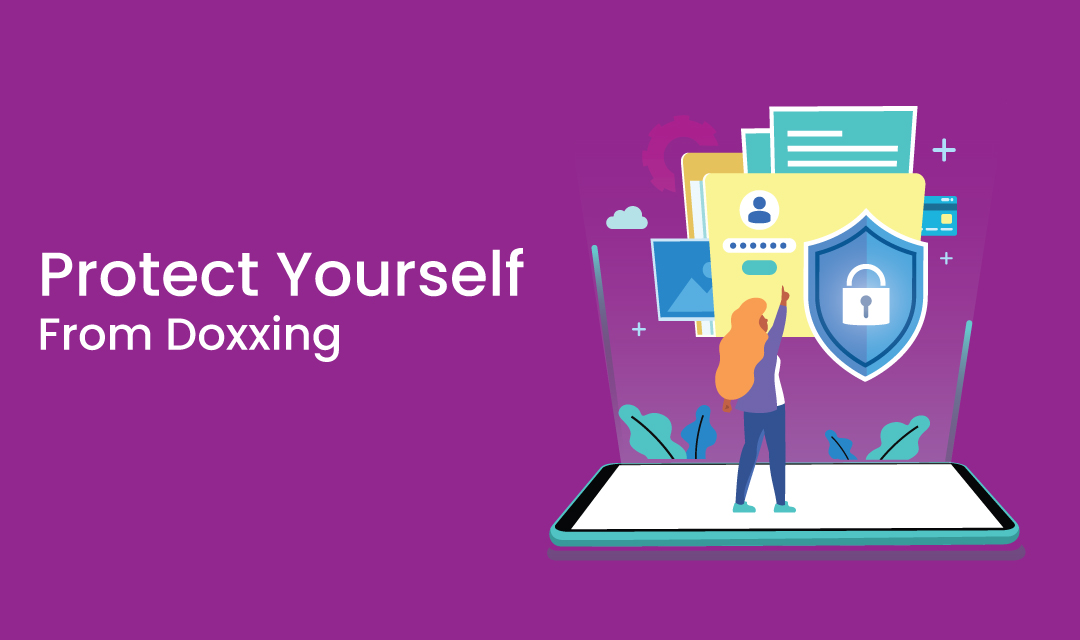
There are many reasons someone wants to dox you and share all your confidential information with the public to target you. Hackers have been using "doxxing" to revenge their rivals and enemies, but this practice has been extended to regular people like us. Gathering personal information online is not an easy task, but someone will go through the trouble of collecting the data to harass you is mind-boggling.
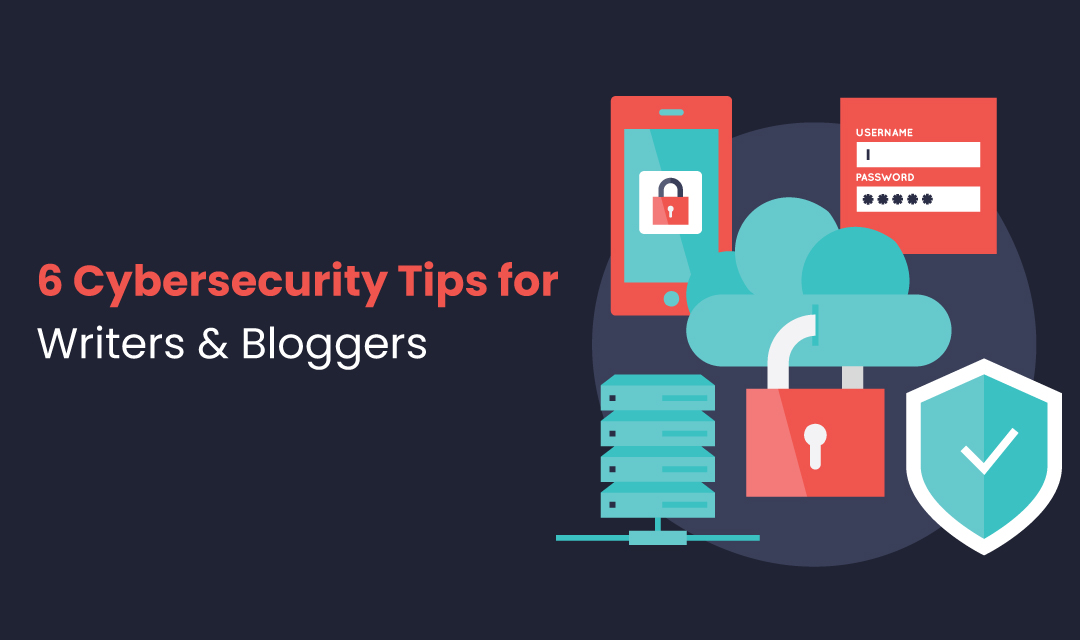
Cybersecurity studies say that around 30,000 websites are hacked every day.
Many hackers break into websites without their owners realizing the issue, so it might take months before the breach is detected. At that point, making repairs is way too late.
The best protection is prevention, and this rule applies to cybersecurity. To keep a blog or author website safe from hackers, writers need to follow the best practices of cybersecurity.

Every computer on the Internet has an IP address, and it obtains one from the ISP that provides the Internet. The IP address is the identity of your computer, and the servers providing service to you will know what IP it is communicating with. Some people want to hide IP address and browse the web anonymously. There are several ways you can hide your IP address, and using a proxy server is one way to achieve it.

We have been using a username and password pair for all of our accounts, and this is the weakest link in the chain for our security. The industry is pushing to develop a passwordless authentication system that will replace passwords, and FIDO is the one. The goal of FIDO (Fast IDentity Online) is to secure web and mobile applications and use biometric mechanisms (fingerprints, voice recognition, and face IDs) to protect the identity.

We are accustomed to username and password pair to protect our accounts whether that is a computer, bank account, smartphone, or personal email. We also know that password is not the most secure authentication method available today, and there are so many hacks and data breaches that threaten our security. Learn how WebAuthn can enhance your online security.
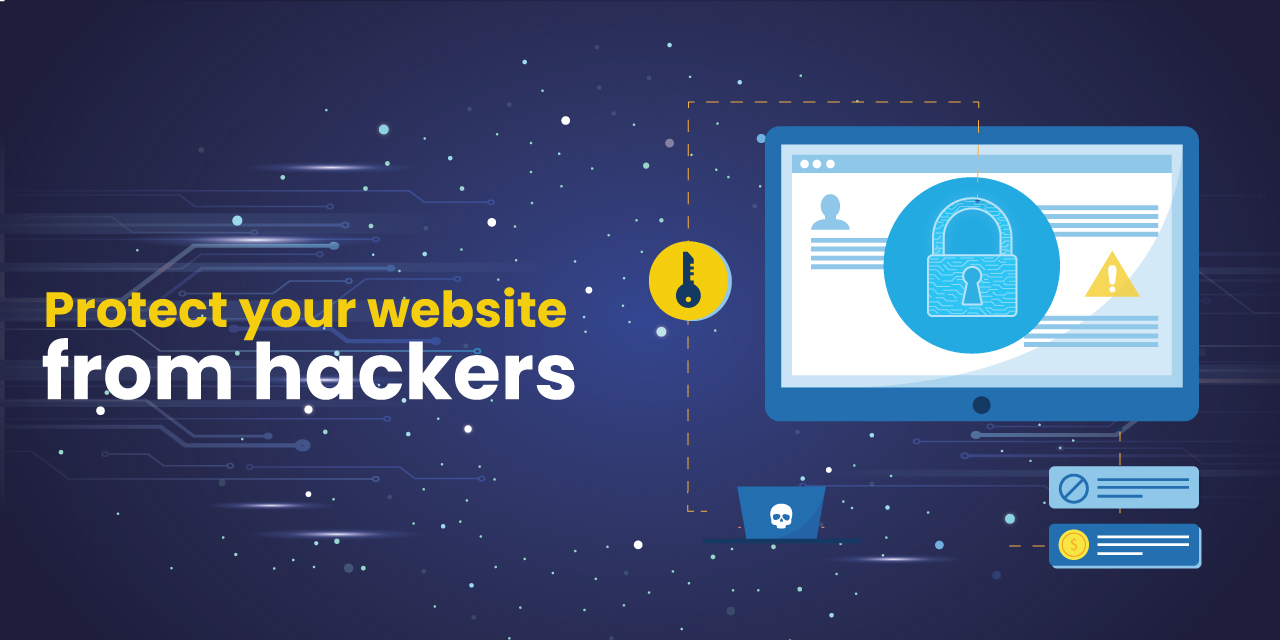
Online security and keeping your server security is the utmost responsibility of any website owner. Cybercriminals use automated bots to identify sites by scanning search engines for specific URL patterns used by some of the popular open-source software, and once identified use automated scripts to attack them. Internet is not a safe place to hang out anymore, and it is getting worse each year. It's our job to protect ourselves and fight against cyber attacks.